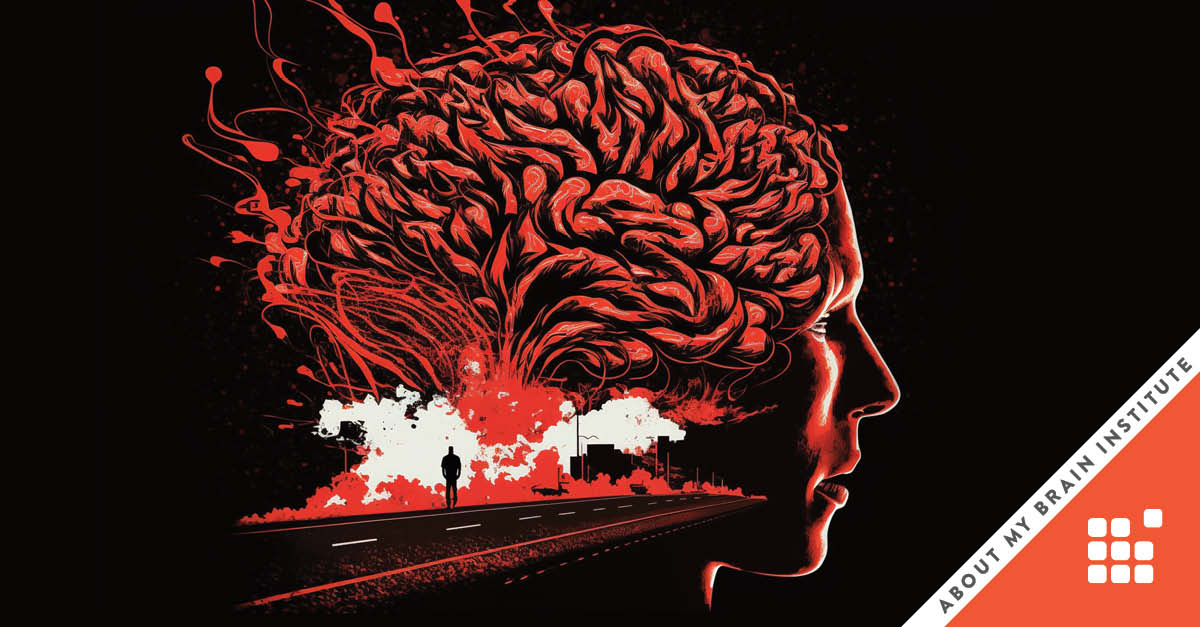Managing When We Lack Support
Attribute: Independent

Benefits of Learning to Manage Anxiety in the Absence of Support
Facing moments when we feel unsupported can trigger anxiety, making it crucial to recognize and manage these triggers to maintain emotional balance and overall well-being. Whether it's in relationships, personal endeavors or challenging situations, understanding how to navigate these moments can significantly improve your mental and physical health. Anxiety is a common emotional response characterized by feelings of worry, unease or fear, often accompanied by physical symptoms like increased heart rate, tension or restlessness. Managing anxiety triggers, especially in the absence of support, is essential for reducing stress, maintaining emotional balance and preventing anxiety from escalating into more severe conditions.
- Improved Emotional Resilience: By effectively managing anxiety when support is lacking, I become more resilient, enabling me to handle challenges with greater ease.
- Enhanced Mental Clarity: Reducing anxiety improves my focus and mental clarity, leading to better decision-making and problem-solving abilities, even when I feel alone.
- Better Physical Health: Managing anxiety can lead to lower stress levels, which reduces the risk of stress-related health issues such as high blood pressure, heart disease and weakened immune function.
- Stronger Relationships: When I manage anxiety, I’m more likely to engage in healthier communication and interactions, which can help rebuild or strengthen relationships over time.
- Increased Confidence: Overcoming anxiety in the face of lacking support builds my confidence, empowering me to take on new challenges and pursue opportunities that may have previously seemed daunting.
- Greater Overall Well-Being: Managing anxiety, even when I feel unsupported, contributes to a more balanced and fulfilling life, allowing me to enjoy daily activities without being overwhelmed by worry or fear.
Keep reading ↓
Keep reading ↓
Newsletter
Assess Anxiety in the Absence of Support
Consider these self-reflective questions:
- How do I react to situations where I feel unsupported or isolated? Do I often feel excessively worried or stressed about outcomes I can't control?
- Have I noticed any physical signs of anxiety, such as increased heart rate, sweating, trembling or difficulty sleeping, especially in response to feeling unsupported?
- Reflecting on my typical thought patterns, do I often find myself expecting the worst, overthinking or dwelling on negative possibilities when I lack support?
- How do my worries and fears affect my daily life when I feel unsupported? Do they interfere with my relationships, social activities, or decision-making processes?
These questions are designed to help your reflect on your emotional and physical responses when support is lacking, providing insights into whether you might be experiencing anxiety and its impact on your life.
Keep reading ↓
Managing Anxiety
- Identify Triggers: Recognize and identify the specific situations, thoughts or environments that trigger your anxiety, especially when you feel unsupported.
- Challenge Negative Thoughts: Question irrational or negative thoughts that contribute to your anxiety and replace them with more rational and positive thinking patterns, even when you're on your own.
- Gradual Exposure: Gradually expose yourself to anxiety-inducing situations to build tolerance and reduce anxiety over time, helping you become more self-reliant.
Understanding and managing anxiety when support is lacking is crucial for maintaining your emotional well-being and mental health. By identifying your triggers, challenging negative thoughts and gradually facing anxiety-inducing situations, you can effectively manage anxiety in various aspects of life. This ongoing journey toward managing anxiety will empower you to lead a more balanced, resilient and fulfilling life, even in moments when you feel unsupported.

Explore the Items
Read each article!
Supporting content
Mental Readiness Articles
Check out the latest blogs to learn more about this topic!

Learning To Be Calm: The Neuroscience Behind Workplace Stress

Impulse Control In Leadership

How Energy & Vitality Enhance Your Performance
Bibliography
This article has been inspired by the following sources:
- Barlow, D. H. (2002). Anxiety and its disorders: The nature and treatment of anxiety and panic (2nd ed.). Guilford Press.
- Damiano, S. (2019). Free your mind and let go of your anxiety. About My Brain Institute. https://www.aboutmybrain.com/blog/free-your-mind-and-let-go-of-your-anxiety
- Damiano, S. (2020). Leadership in an anxious world. About My Brain Institute. https://www.aboutmybrain.com/blog/leadership-in-an-anxious-world
- National Institutes of Health. (2016). Understanding anxiety disorders: When panic, fear, and worries overwhelm. NIH News in Health.
- https://newsinhealth.nih.gov/2016/03/understanding-anxiety-disorders
- Pittman, C., & Karle, E. M. (2015). Rewire your anxious brain: How to use the neuroscience of fear to end anxiety, panic, and worry. New Harbinger Publications.

